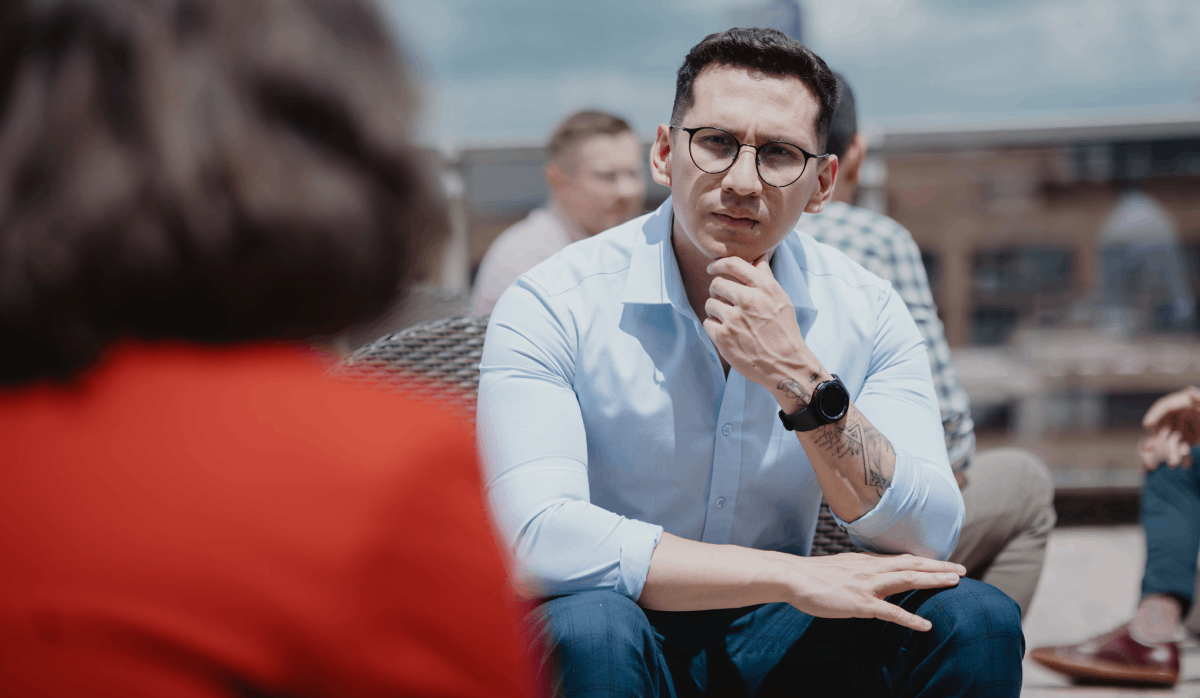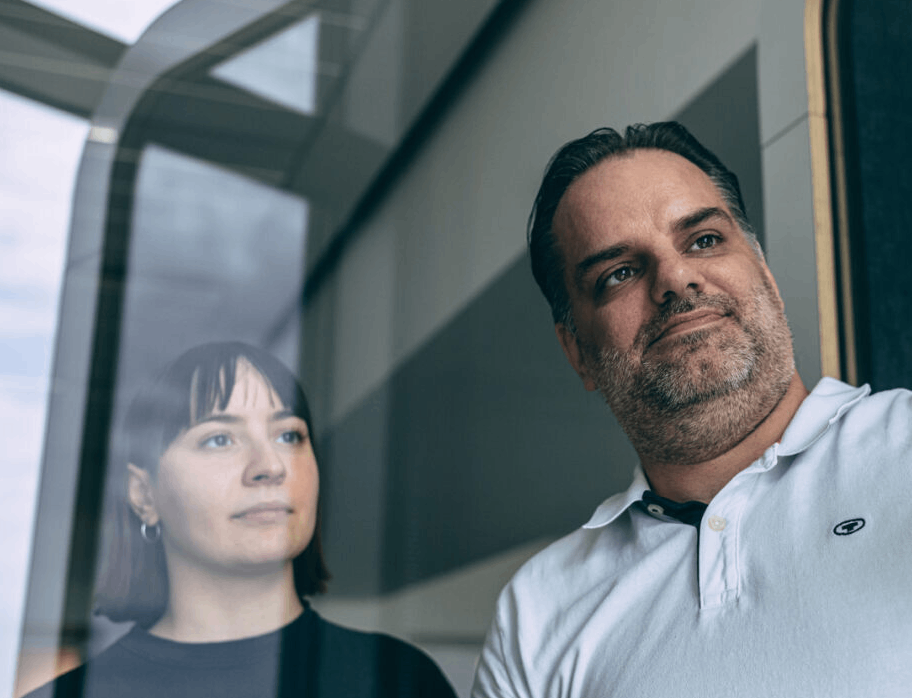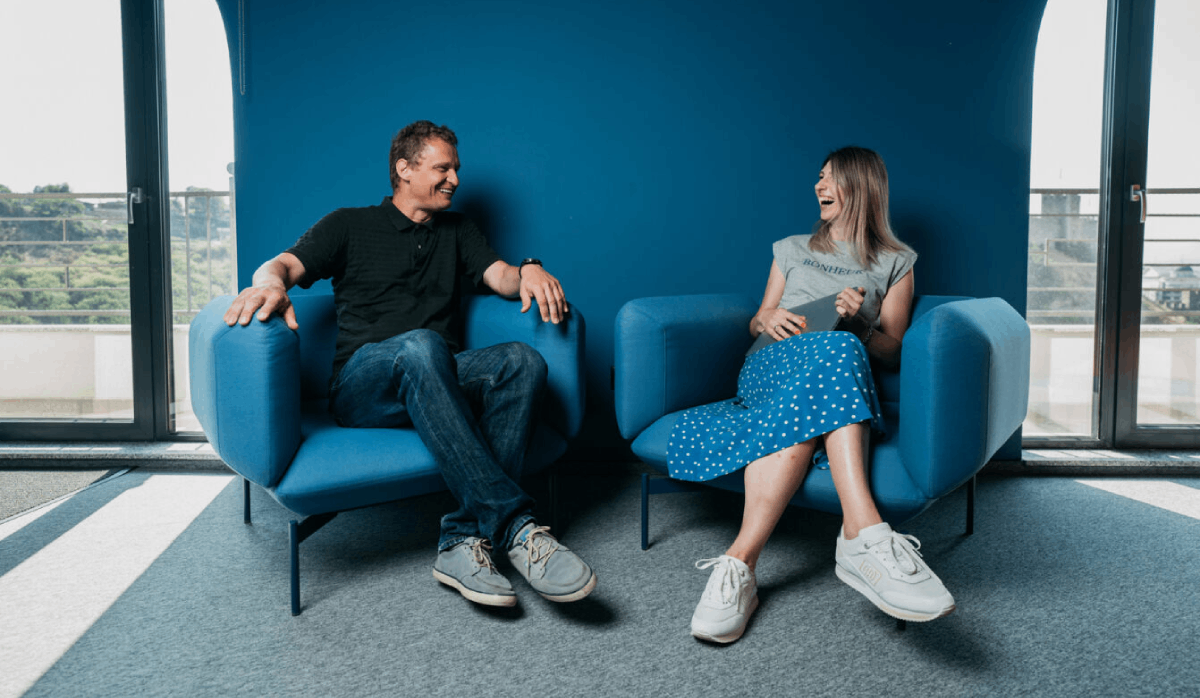Life at Endava
Our community thrives on real connections
As a tightly woven global community, we’re a diverse group of people who share, create and connect over projects and beyond. We work from 28 countries across six continents and share the same aim: to be a force for good and turn our passion into drivers of change.






